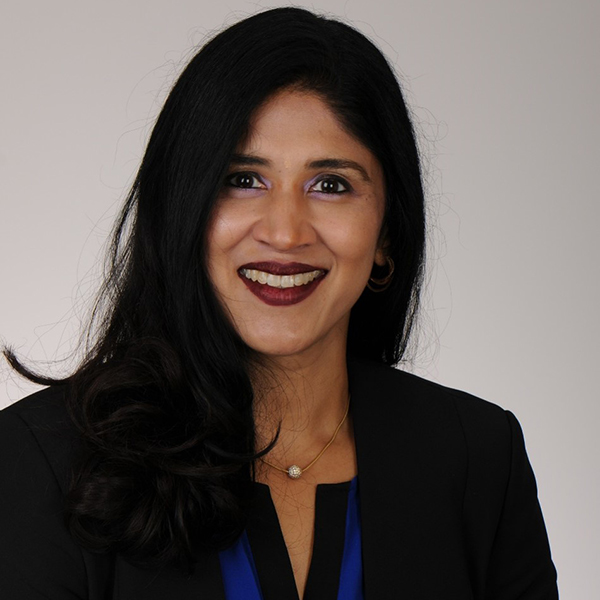#ChooseCardiology: Anbukarasi Maran, MBSS, FACC

Why did you choose cardiology?
What pushed me toward cardiology was the instant gratification and how responsive the heart is. Patients will arrive having a heart attack and will be in so much pain, but as soon as the blockage has been opened, they experience a sigh of relief. As a cardiologist, you are there at the patient's most intense time of need and can immediately make a significant difference in their well-being.
What do you like best about cardiology?
Cardiology is not just being in the lab or the ICU. You wear many hats, and it never gets boring. With one patient you might be talking about primary prevention of coronary artery disease, and then the next hour you are doing a stress test. Then you might read EKGs, be urgently pulled into a PCI or go back to seeing patients. You must be able to change mindsets quickly. The specialty gives you a lot of mobility and your brain must evolve as you go – you are never doing the same thing.
Who has been a role model or mentor for you?
I find role models in every facet of my life. Daniel H. Steinberg, MD, FACC, has been a fantastic mentor who has pushed me to do things outside of my comfort zone. Another role model who I learn from every time I talk to is William L. Lombardi, MD, FACC, who trained me in robotic PCI and chronic total occlusions (CTO) PCI. We did not have any formal introduction – I met him at a conference and he took me under his wing.
Why did you choose this area of cardiology?
I chose interventional cardiology with a specialty in CTO as it tends to be more solution-focused than problem-focused. When patients come to me, it is usually because other procedures have failed, which acts as a phenomenal motivator for me. I love these procedures because they allow me to be creative. I am not just repeating the same steps every time – if one method does not work, I try another. Cardiology draws a lot of parallels to life. For example, as a mother of three, the way you raise one child may not work for the others. You are constantly evolving your approach.
What advice would you give women considering cardiology?
Find your passion and go after it – you will find ways to make everything else work. Work-life balance is all about what you want the most at a given time in life. You are the one who defines work and life, so have a great reason to get up and go to work every morning. Since this is what I wanted to do, I was able to put the other pieces in place. I am a mother of three and my husband is a surgeon, and my kids still love and respect me. If I can do it, anyone can.
Do not fall for gender stereotypes that say interventional cardiology is not lifestyle friendly. One of the biggest obstacles for women in this field has historically been the fear of radiation exposure. I am trained in robotic PCI, which allows me to work on patients using a robot from the control room right outside of the Cath lab and protects me from direct exposure. Robotics also helps combat back problems stemming from leaning over patients for extended periods while wearing lead. It is an unbelievable relief, especially with CTO PCI, to be able to take off the lead and sit down to utilize the robot to complete my work.
Would you choose cardiology again?
In a heartbeat.